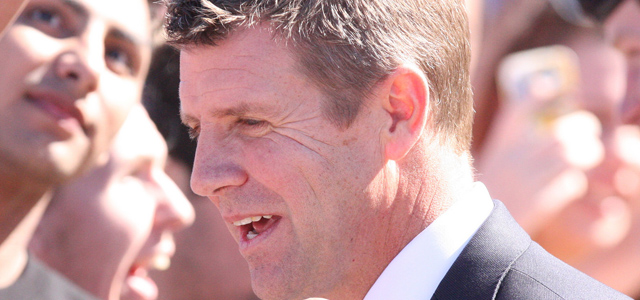A long time ago now, I first read a book by Eugene Peterson called A Long Obedience in the Same Direction. It’s a book of Peterson’s reflections on the Psalms of Ascent (Psalms 120–134) — songs which pilgrims might have sung on their way to Jerusalem, to the Temple; songs to concentrate the attention and, perhaps, to make the walking a bit easier (especially on the hills).
I suspect I bought the book because the title appealed to me. It still does. It comes from German philospher Friedrich Nietzsche: “The essential thing ‘in heaven and earth’ is…that there should be a long obedience in the same direction; there thereby results, and has always resulted in the long run, something which has made life worth living.”
Since I first read that book, I’ve wondered a lot about obedience, particularly in relation to baptism and discipleship, vocation and ordination. These wonderings have been prompted by the particular situations encountered by individuals, Congregations, and ministers. They’ve been nourished and informed by conversations with others and by reflection on my own experience as an ordained minister in a variety of settings.
Many clergy were ‘formed’ for discipleship and ministry in a church that no longer exists, in a world that is changing almost faster than we can blink. A world in which ordained ministers and any sort of dedicated life has become quaint, anachronistic and honestly, either a bit weird or highly suspect. Then again, Christians always have been a bit suspect. Obedience is an extremely unfashionable word.
The Hebrew origins of the word include the meanings ‘to hear’ and ‘to listen’ — which opens the possibility that ‘pay attention’ might be as appropriate a translation as ‘do as you’re told’. The commitment that is made in baptism and re-affirmed in ordination is the commitment to pay attention to the world through the lens of the life, death and resurrection of Jesus Christ. Then it’s to act in the world in ways that lead to life — to the flourishing of creation, to fellowships of reconciliation, to compassion, care and justice for the lost.
Baird gives a great summary
As I write this, the now former Premier of NSW, Mike Baird, just announced his retirement from politics. This announcement came as something of a shock to his colleagues. Straight away, the commentariat went into action — dissecting, analysing and pontificating — about the reasons he gave for his decision.
The reason that resonates most for me is his comment that he entered politics ten years ago because he wanted to ‘make a difference’ and that, while some of his initiatives have been overturned and others remain unfinished, it is now time to hand the leadership on. Mike Baird is a faithful, Christian man and in this comment, he effectively summarises the task of discipleship for all of us.
Our ongoing vocation as disciples and more importantly, as communities of faith is to make a difference in the world. Until ‘the final consummation of all things’, this is never-ending work and it depends on a ‘long obedience in the same direction.’
In any period, this is a costly obedience. In a cultural context in which church is marginal, ministers are suspect and obedience is unfashionable, it’s all too easy to surrender to going with the flow and to stop paying attention to the world through Jesus Christ.
But there won’t ever be a time when obedience is optional for disciples. There won’t ever be a time when disciples won’t have to choose, every day, what they give their attention to. There also won’t ever be a time when the disciplines of discipleship aren’t needed to ground the baptismal commitment to make a difference in the world.
I fully expect to retire from whatever ministry position I happen to be in when the time comes. I don’t ever expect to be released from the commitments that I’ve made in baptism.
Rev. Jane Fry is Acting General Secretary












